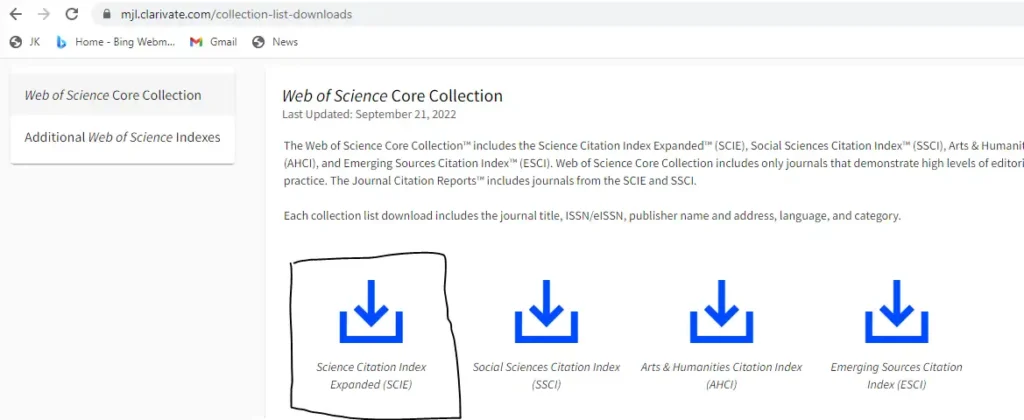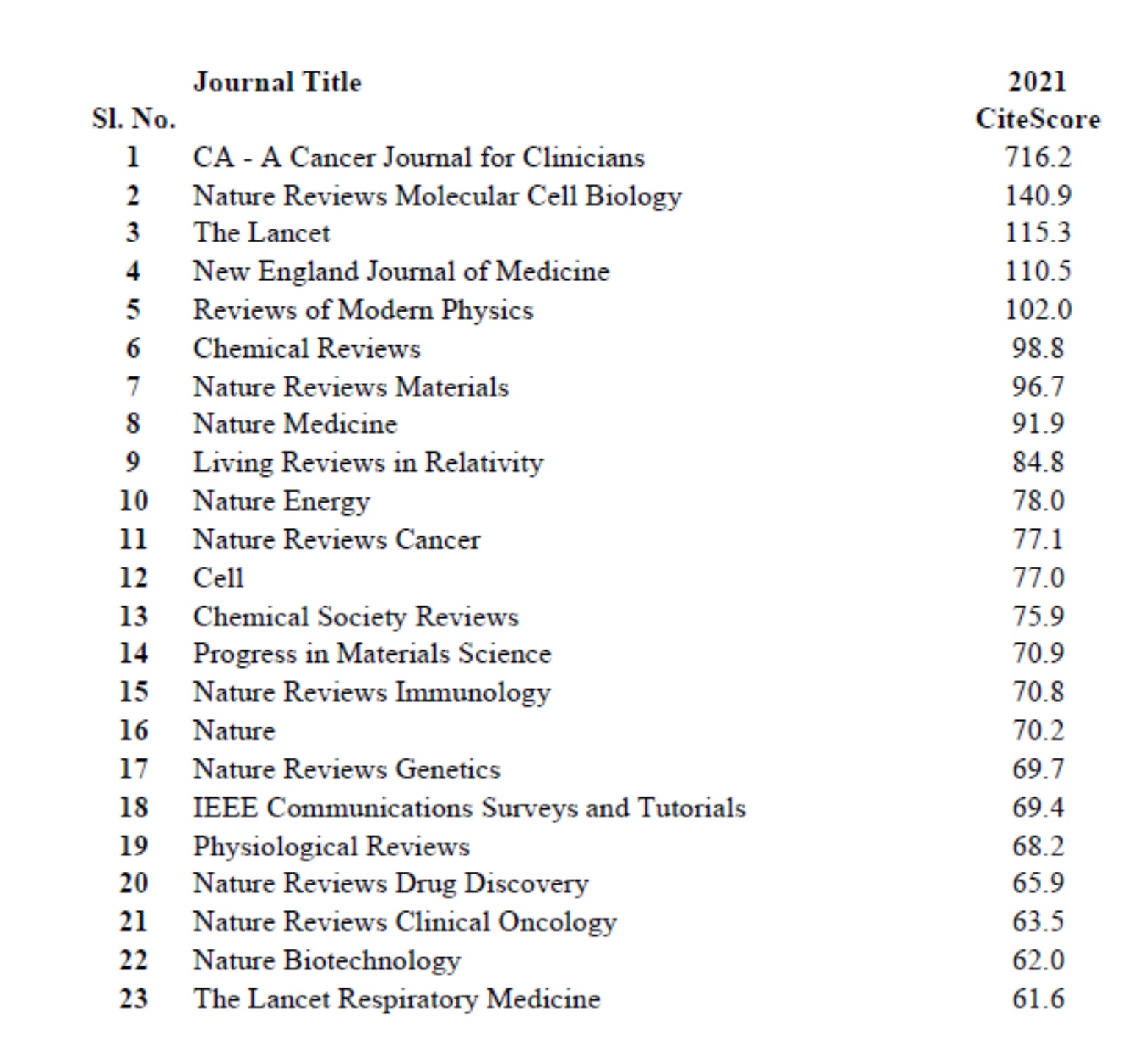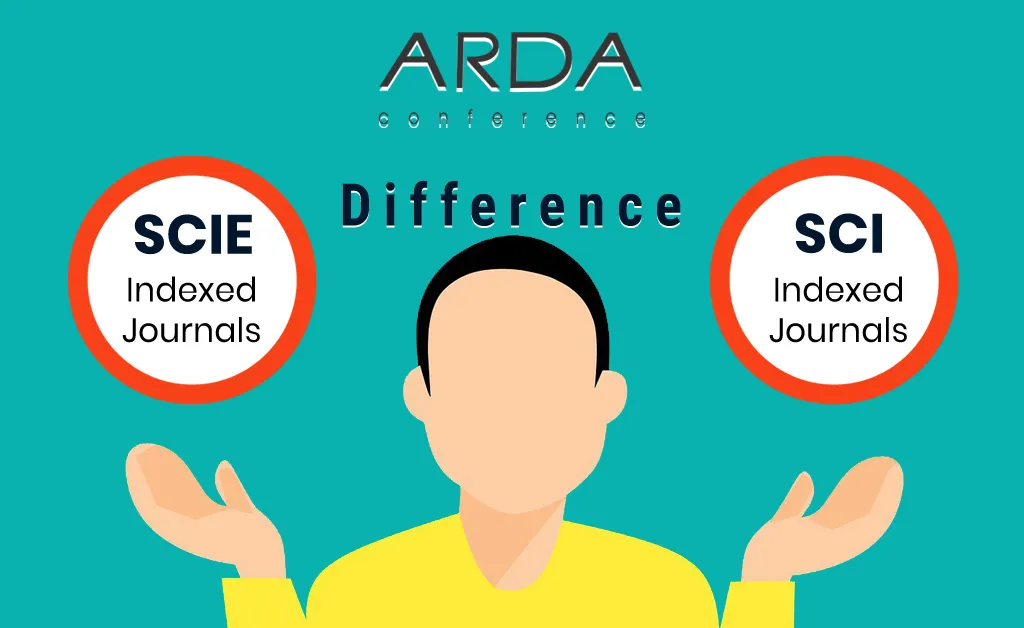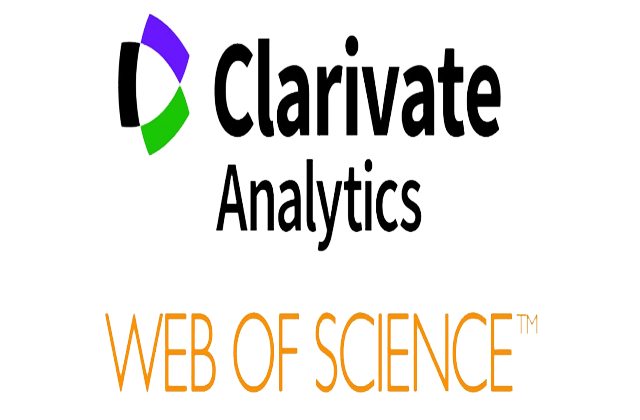
In the realm of academic research, publishing in reputable and indexed journals is crucial for scholars, researchers, and institutions. Two of the most prestigious indexing databases are SCIE (Science Citation Index Expanded) and Scopus. Identifying SCIE and Scopus indexed journals can be a daunting task, especially for new researchers. In this article, we will provide a comprehensive guide on how to identify SCIE and Scopus indexed journals, ensuring that your research reaches a wider audience and gains the recognition it deserves.
Understanding SCIE and Scopus
SCIE, also known as Science Citation Index Expanded, is a citation index database maintained by Clarivate Analytics (formerly Thomson Reuters). It covers over 9,000 journals across 178 disciplines, providing access to high-quality research articles. Scopus, on the other hand, is a large abstract and citation database of peer-reviewed literature, owned by Elsevier. It indexes over 24,000 titles from more than 5,000 international publishers.
Why is it Important to Identify SCIE and Scopus Indexed Journals?
Identifying SCIE and Scopus indexed journals is essential for several reasons:
Increased Visibility: Publishing in indexed journals increases the visibility of your research, making it more accessible to a global audience.
Improved Credibility: Indexed journals are considered more credible and trustworthy, as they undergo rigorous peer-review and editorial processes.
Enhanced Career Prospects: Publishing in reputable indexed journals can significantly enhance your career prospects, as it demonstrates your expertise and commitment to high-quality research.
How to Identify SCIE Indexed Journals
To identify SCIE indexed journals, follow these steps:
1.
Visit the Clarivate Analytics Website: Go to the Clarivate Analytics website ([www.clarivate.com](http://www.clarivate.com)) and click on the "Journal Citation Reports" (JCR) tab.
2.
Search for Journals: Use the search bar to find specific journals or browse through the list of journals by subject category.
3.
Check the Journal's SCIE Status: Once you have found the journal, check its SCIE status by looking for the "SCIE" or "Science Citation Index Expanded" label.
How to Identify Scopus Indexed Journals
To identify Scopus indexed journals, follow these steps:
1.
Visit the Scopus Website: Go to the Scopus website ([www.scopus.com](http://www.scopus.com)) and click on the "Sources" tab.
2.
Search for Journals: Use the search bar to find specific journals or browse through the list of journals by subject category.
3.
Check the Journal's Scopus Status: Once you have found the journal, check its Scopus status by looking for the "Scopus" or "Scopus Indexed" label.
Additional Tips
When identifying SCIE and Scopus indexed journals, keep the following tips in mind:
Verify the Journal's Website: Always verify the journal's website to ensure it is legitimate and not a predatory journal.
Check the Journal's Impact Factor: Check the journal's impact factor, which is a measure of its prestige and influence in the field.
Read the Journal's Aims and Scope: Read the journal's aims and scope to ensure your research aligns with its focus and objectives.
By following these steps and tips, you can easily identify SCIE and Scopus indexed journals, increasing the visibility and credibility of your research. Remember to always verify the journal's legitimacy and align your research with its focus and objectives. Happy publishing!









